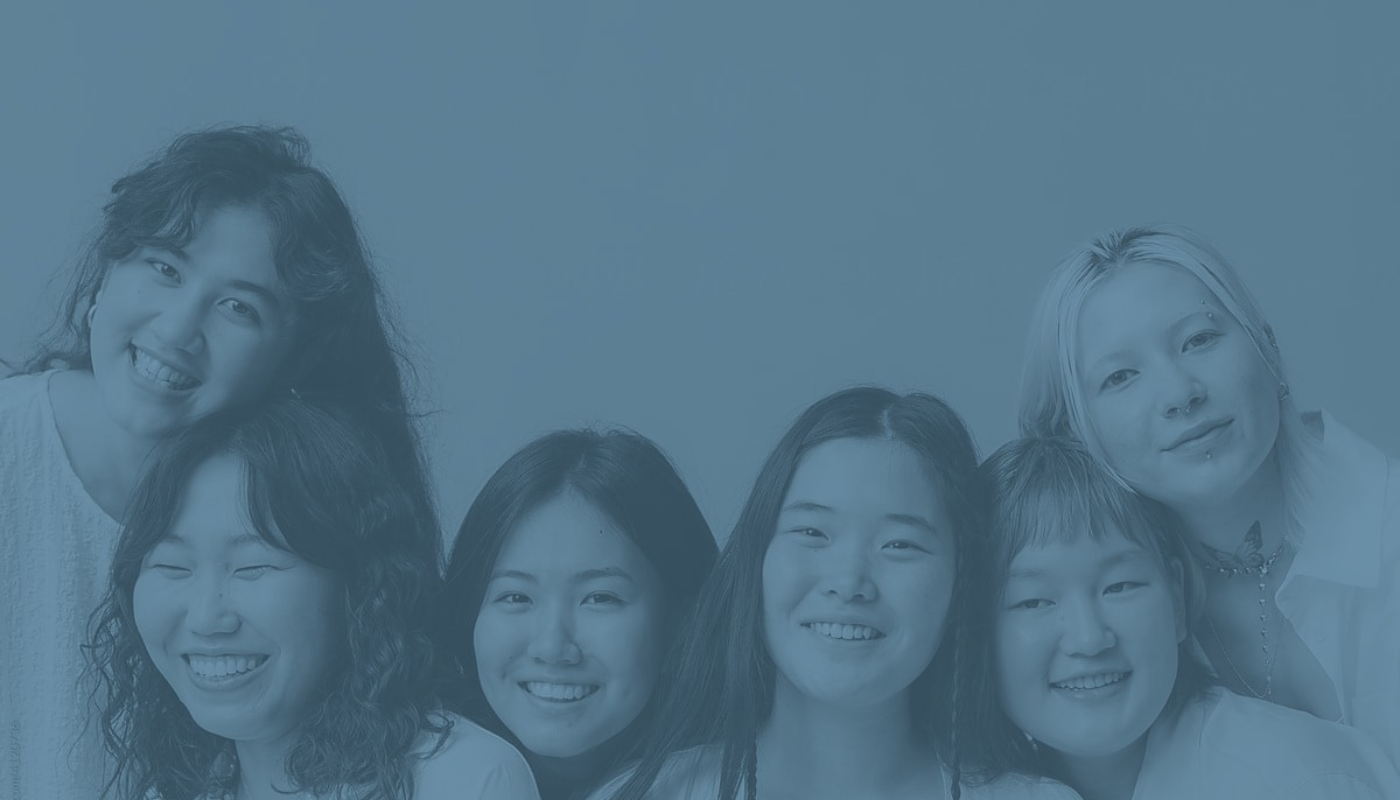Advocate
YWCA is on a mission to eliminate racism, empower women, stand up for social justice, help families and strengthen communities.
We’ve been at the forefront of the biggest issues of the day for 160 years: from voting rights to civil rights, from affordable housing to pay equity and from violence prevention to health care reform. We carry on this long tradition of social action and advocacy to advance our mission — and you are a crucial part of this work. Your voice is critical as we advocate for policies that bring us closer to eliminating racism, empowering women, and ensuring peace, justice, freedom and dignity for all.
As you look through our Legislative Priorities, click the button underneath for a pre-drafted email to your representative to advocate for each specific issue. Make sure you subscribe to our newsletter for more advocacy updates as we get closer to Election Day 2025.
-

Affordable and Quality Childcare
We prioritize quality childcare services to support a healthy economy by enabling more women to participate in the workforce. By offering safe, nurturing, and educational environments for children, we help working mothers focus on their careers with peace of mind. We will continue to offer award winning childcare program that focuses on family wellbeing.
-

Reproductive Justice
Bodily autonomy is an essential part of gender equity, racial justice, and overall wellness. Promoting bodily autonomy is not only a matter of individual rights; it is a cornerstone of building inclusive societies that prioritize the well-being and self-determination of all individuals. The ability to make decisions regarding one's body and health empowers individuals to live freely and authentically.
-

Safety from Gender Based Violence
Women and girls of all ages, income levels, racial and ethnic communities, sexual orientations, gender identities, and religious affiliations continue to experience violence in the form of domestic violence, sexual assault, dating violence, stalking, and trafficking. We urge Congress to maintain enforcement of the Violence Against Women Act.
-

Marijuana Legalization
Marijuana legalization has sparked discussions about the intertwined history of drug policies and systemic racism. Black individuals are almost four times more likely to be arrested for simple marijuana possession, despite equal usage amongst races. Legalization efforts actively counteract the longstanding impacts of racism within drug policies.
-

Same-Day Voter Registration
Same-day voter registration is a crucial aspect of ensuring that every eligible citizen has the opportunity to participate in the democratic process and that all voices are heard. By allowing individuals to register and vote on the same day, we eliminate barriers to participation such as outdated registration deadlines and long waiting periods.
-

Young Voters' Rights
We are committed to advocating for the rights of young voters and supporting legislation that enhances their participation in the democratic process. By championing initiatives that empower young voters, specifically in local elections,w e aim to foster a more inclusive and representative democracy where every voice is heard and every vote counts.
-

Racism as a Public Health Crisis
Racism poses a significant threat to public health, impacting individuals and communities on both a physical and mental level. The systemic discrimination and inequities faced by marginalized groups lead to increased stress, trauma, and limited access to healthcare and opportunities. Structural barriers in access to quality healthcare, environmental injustices, discriminatory practices, and unequal socioeconomic opportunities all contribute to these inequalities.
-

Respect for Marriage Act
We believe in the importance of recognizing and respecting the relationships of all couples, regardless of gender or sexual orientation. We believe in the importance of recognizing and respecting the relationships of all couples, regardless of gender or sexual orientation. The bipartisan nature of this act demonstrates that protecting the freedom to marry is a value that transcends political divides, highlighting the widespread recognition of marriage as a fundamental human right.
-

Gun Safety Reform
Advocating for responsible gun ownership does not equate to being anti-gun; rather, it seeks to ensure that individuals who own guns do so in a manner that prioritizes safety and accountability. Implementing measures such as universal background checks, waiting periods, and safe storage requirements can help reduce gun violence and prevent tragic accidents. By promoting gun safety reform, we can work towards a society where individuals can exercise their Second Amendment rights while also protecting the well-being of their communities.

Act Now
At YWCA Princeton, we seek a world free from inequity. That’s why we advocate for policies that promote peace, justice, dignity, and opportunity for all.

